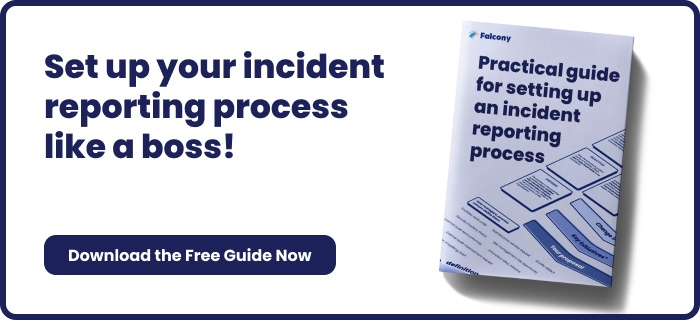From reactive to proactive: How incident reporting software can transform your approach to risk management
Incident reporting software can be a powerful tool for transforming your organization's approach to risk management from reactive to proactive. By enabling employees to report incidents and near misses in real-time, incident reporting software can help organizations to identify and address potential risks before they become more serious problems. Here's how incident reporting software can help your organization to be more proactive in managing risk:
2. Enhanced training and awareness: Incident reporting software can also be used to enhance training and awareness efforts by providing a platform for employees to report incidents and near misses. This can help to identify areas where additional training may be needed and allow organizations to tailor their training programs to address specific issues or concerns. By proactively addressing training needs, organizations can reduce the risk of future incidents.
If you're looking for an incident reporting platform that is hyper-easy to use, ticks all the boxes for anonymity, and two-way communication, has built-in workflows for multiple use cases and more, test drive our incident reporting platform or contact us for more information!
We are building the world's first operational involvement platform. Our mission is to make the process of finding, sharing, fixing and learning from issues and observations as easy as thinking about them and as rewarding as being remembered for them.
By doing this, we are making work more meaningful for all parties involved.
More information at falcony.io.

Related posts
The Psychology Behind Reporting Unsafe Conditions Over Unsafe Acts
In the realm of workplace safety, reporting unsafe conditions is often more common than reporting...
How unsafe acts can improve safety management?
Conventional wisdom dictates that unsafe acts are unequivocally detrimental. They represent lapses...
What is Safety Reporting Rate?
In the realm of workplace safety, monitoring and measuring safety performance are essential for...





